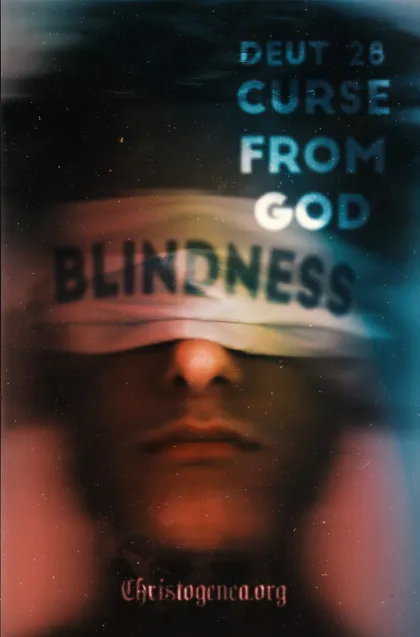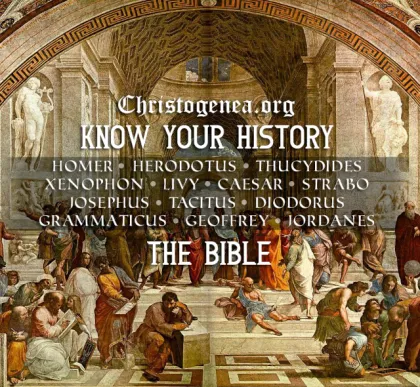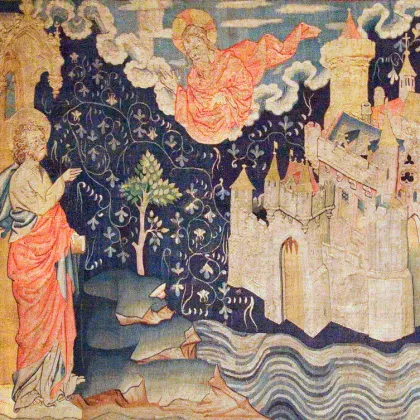It is Enough to be an Israelite, But Enough for What?, Part 2
It is Enough to be an Israelite, But Enough for What?, Part 2
As we had seen in Part 1 of our critique of Bertrand Comparet’s sermon, Is it Enough Merely to be an Israelite?, he had clearly taken Romans 11:26 out of the context of the epistle itself so that he could critique Paul, and he even accused Paul of having misquoted scripture. Then he denied the veracity of Paul’s statement that “All Israel shall be saved” where he compared it to Isaiah 45:17, while he ignored Isaiah 45:25. While for many other reasons we may love Bertrand Comparet, this approach to scripture is what even he himself had professed to have rejected, and he must be corrected. If we truly believe Yahweh our God, and if we love Yahshua Christ, then we shall seek to reconcile and understand all of Scripture, without ever assuming that one verse can cancel out another, or that we can arbitrarily pick a favorite and ignore others.
In Romans chapter 9 Paul began by praying for his kinsmen according to the flesh, those who truly were of Israel, as opposed to the Edomites in Judaea for which he had then contrasted Jacob and Esau. Continuing at the beginning of Romans chapter 10, he continued his prayer where he addressed his Roman readers and said “1 Brethren, truly the preference of my heart, and supplication to Yahweh is for preservation on their behalf. 2 I attest to them that they have zeal for Yahweh, but not in accordance with full knowledge.” So there he was still speaking of his “kinsmen according to the flesh”, of those true Israelites in Judaea for which he had prayed in chapter 9.








 Please click here for our mailing list sign-up page.
Please click here for our mailing list sign-up page.








Recent comments